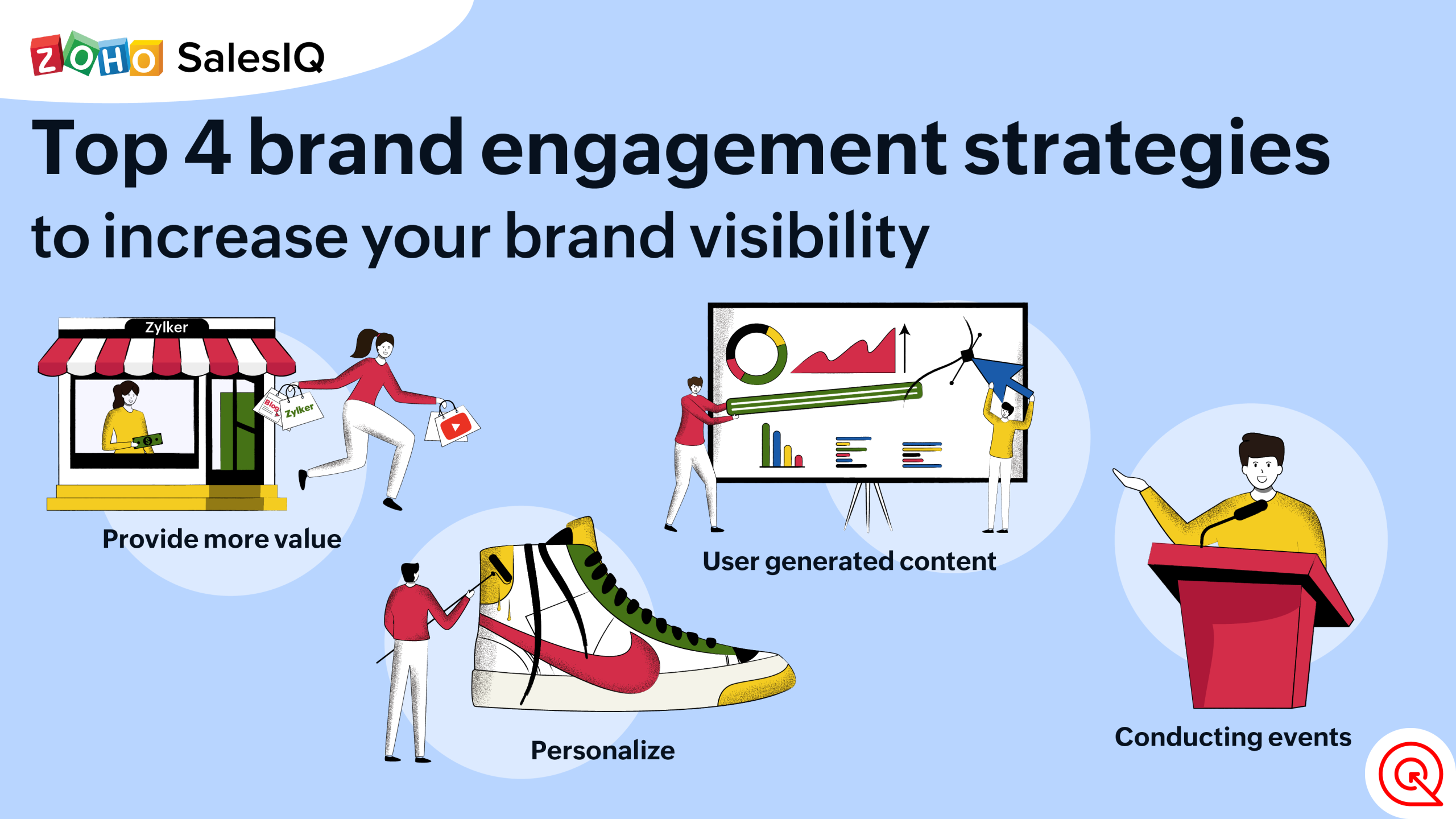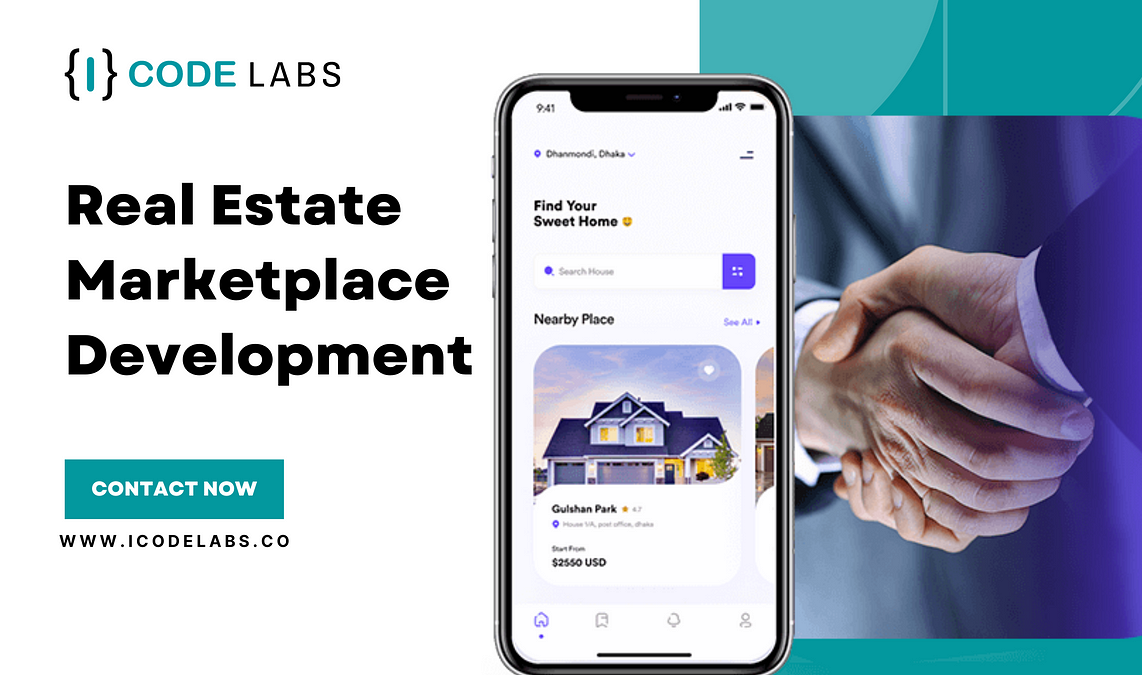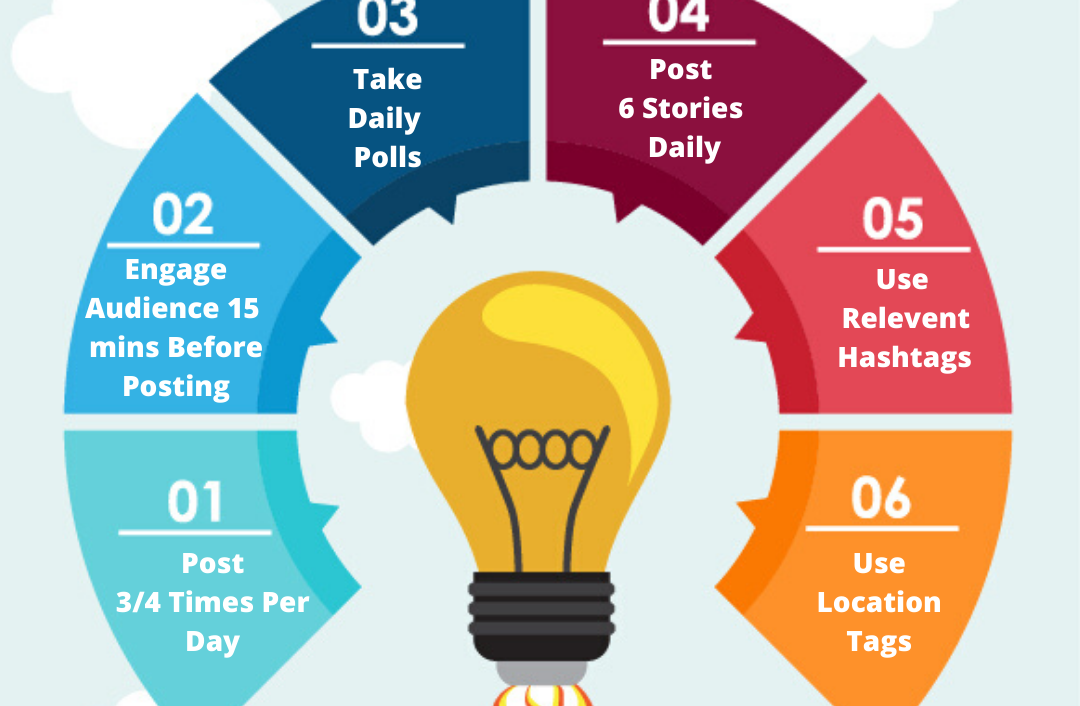Effective Strategies For Enhancing Brand Engagement

Executive Summary

In today’s competitive landscape, brand engagement is crucial for businesses to thrive. This article explores effective strategies to enhance brand engagement and create a strong connection with your target audience. We’ll delve into key areas such as content marketing, social media engagement, customer experience, influencer marketing, and community building, providing actionable insights and tips.

Introduction
In the digital age, where consumers have countless choices and are constantly bombarded with information, brand engagement has become a critical differentiator. It’s no longer enough to simply have a presence online; businesses need to actively engage with their audience, build relationships, and create a lasting impression. Brand engagement goes beyond mere awareness; it’s about fostering a sense of loyalty, trust, and advocacy among your customers.
Frequently Asked Questions
1. What is brand engagement?
Brand engagement refers to the level of interaction and connection customers have with your brand. It encompasses their emotional connection, their willingness to participate in your brand activities, and their overall sentiment towards your products or services.
2. Why is brand engagement important?
Strong brand engagement leads to higher customer retention, increased sales, improved brand loyalty, positive word-of-mouth marketing, and a stronger competitive advantage.
3. How can I measure brand engagement?
There are various metrics you can track to measure brand engagement, including website traffic, social media interactions, customer reviews, email open rates, and brand mentions.
Content Marketing
Content marketing is a powerful strategy for brand engagement by providing valuable and engaging content that resonates with your target audience.
- Create high-quality content: Focus on producing content that is informative, entertaining, and relevant to your audience’s interests. Offer valuable insights, practical tips, or thought-provoking perspectives.
- Use diverse content formats: Experiment with various content formats, such as blog posts, infographics, videos, webinars, podcasts, and social media posts. This caters to different learning styles and preferences.
- Promote your content: Share your content on various platforms, including your website, social media, email marketing, and industry forums. Use compelling headlines and engaging visuals to grab attention.
- Engage with your audience: Encourage interaction with your content by asking questions, responding to comments, and hosting Q&A sessions. Building a community around your content fosters a sense of connection.
Social Media Engagement
Social media platforms provide a direct channel for brand engagement by enabling you to interact with your audience in real-time.
- Be active and responsive: Regularly post engaging content, respond to comments and messages promptly, and participate in relevant conversations. Show that you’re listening and value your followers.
- Utilize interactive features: Take advantage of social media features like polls, quizzes, contests, and live streams to encourage audience participation. This creates a more interactive and engaging experience.
- Run social media campaigns: Plan themed campaigns that align with your brand values and target audience interests. This can generate excitement, boost visibility, and drive engagement.
- Monitor your performance: Track your social media performance using analytics tools to identify what content resonates with your audience, what times are most effective for posting, and where you can improve.
Customer Experience
A positive customer experience is essential for brand engagement as it directly impacts how customers perceive and interact with your brand.
- Focus on personalized experiences: Tailor your communication and offerings to individual customer needs and preferences. This shows that you value them as individuals.
- Provide excellent customer service: Respond to inquiries promptly, resolve issues efficiently, and go the extra mile to exceed customer expectations. This builds trust and loyalty.
- Seek customer feedback: Actively solicit customer feedback through surveys, reviews, and online forums. Use this feedback to identify areas for improvement and enhance the customer experience.
- Build a strong brand community: Create a space where customers can connect with each other and with your brand. This can be achieved through online forums, social media groups, or loyalty programs.
Influencer Marketing
Influencer marketing can be a highly effective strategy for brand engagement by leveraging the trust and influence of individuals who have a strong following.
- Partner with relevant influencers: Choose influencers whose audience aligns with your target market and whose values resonate with your brand.
- Develop authentic partnerships: Focus on building genuine relationships with influencers. Collaborate on creative content that aligns with both parties’ interests and values.
- Track your results: Measure the effectiveness of your influencer marketing campaigns by analyzing reach, engagement, and conversions. Use this data to optimize future campaigns.
- Consider micro-influencers: While large influencers have a broad reach, micro-influencers (those with smaller followings) often have a more engaged and loyal audience. This can be an effective strategy for reaching niche markets.
Community Building
Building a strong brand community can foster brand engagement by creating a sense of belonging and shared values among your customers.
- Engage with your audience: Respond to comments, questions, and concerns in a timely and helpful manner. Show that you value their input and feedback.
- Host online events: Organize webinars, online workshops, or virtual meetups to provide opportunities for your community to connect with each other and with your brand.
- Create a sense of exclusivity: Offer exclusive discounts, content, or experiences to members of your community to foster a sense of belonging and appreciation.
- Encourage sharing and advocacy: Make it easy for your community members to share your content and advocate for your brand through social media and other channels.
Conclusion
Brand engagement is an ongoing process that requires a multi-faceted approach. By implementing the strategies outlined in this article, businesses can foster deeper connections with their customers, build lasting relationships, and drive positive results. From creating engaging content to building thriving online communities, the key is to consistently deliver value, build trust, and prioritize the customer experience.







